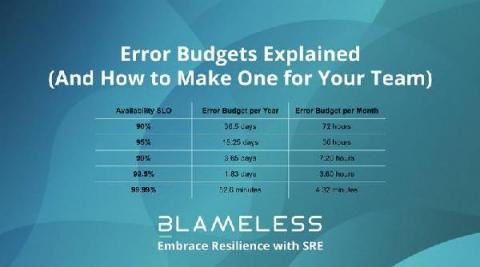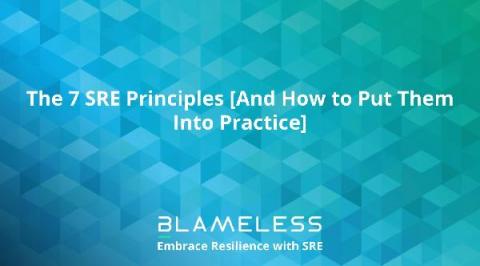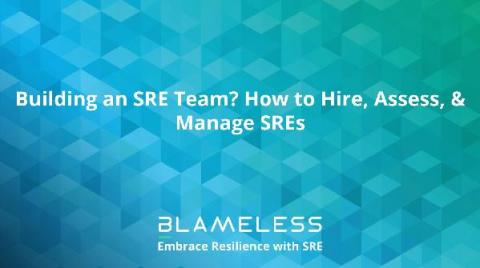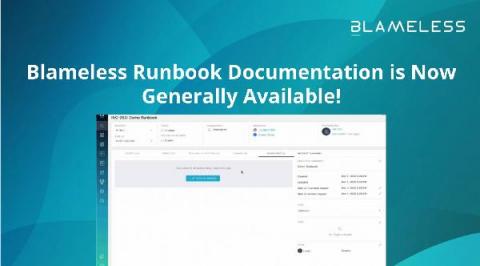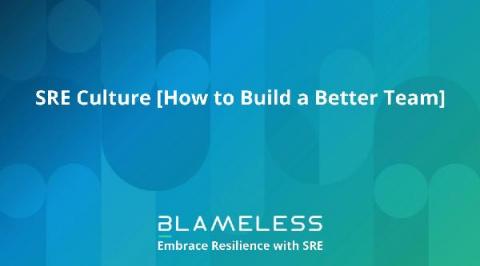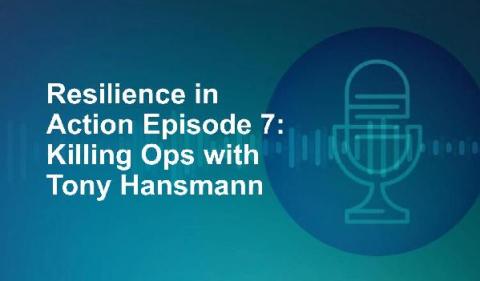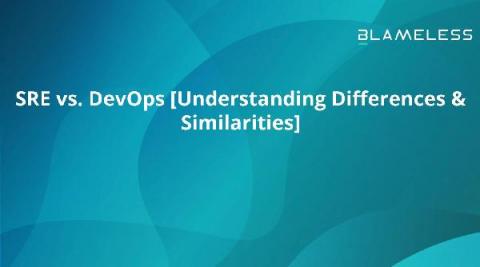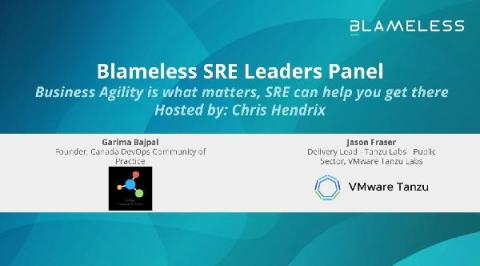Error Budgets Explained (And How to Make One for Your Team)
Wondering what error budgets (EBs) are and how they are useful? We explain what they are, how they are defined, and how they can help your team. An error budget is the amount of acceptable unreliability a service can have before customer happiness is impacted. If a service is well within its budget, the developers can take more risks in their releases. If not, developers need to make safer choices.


